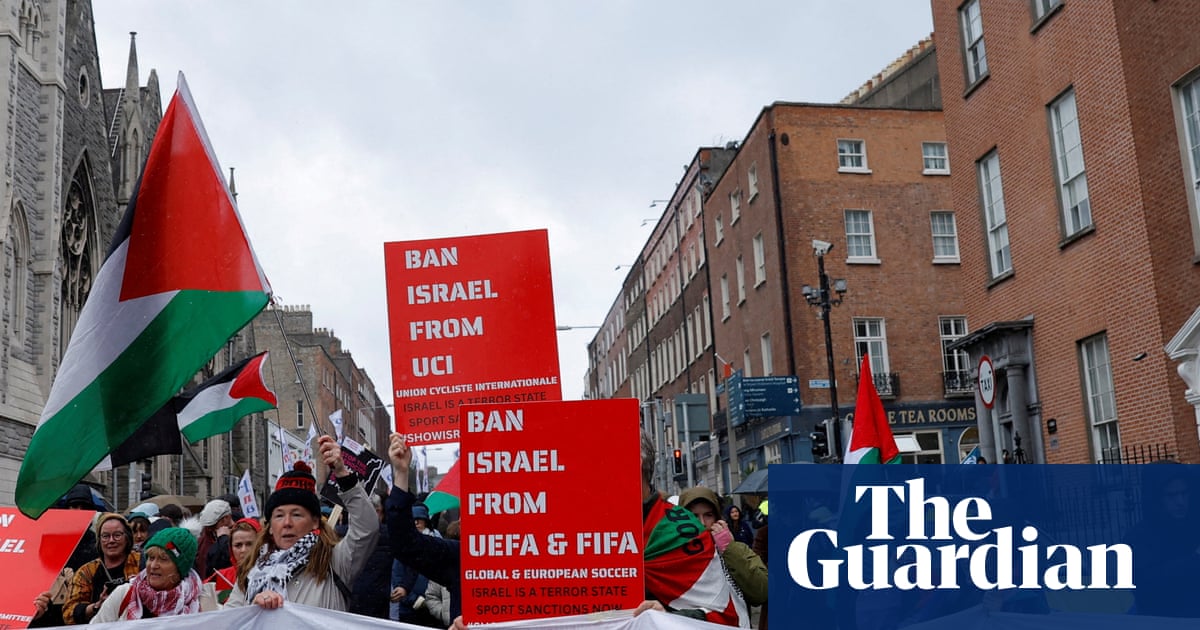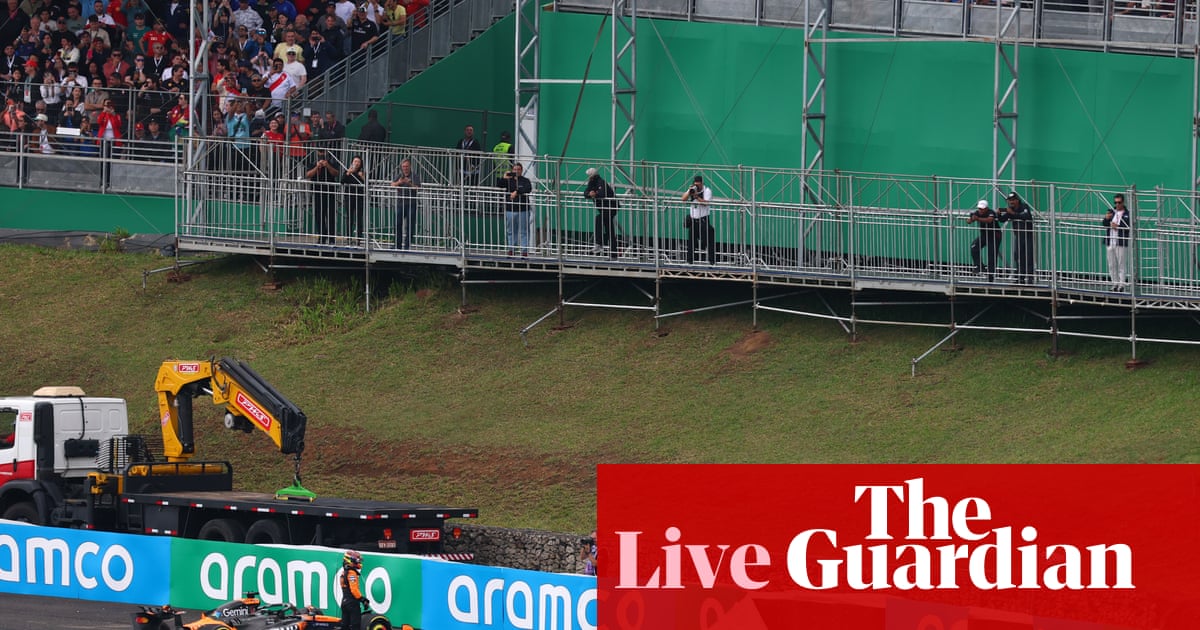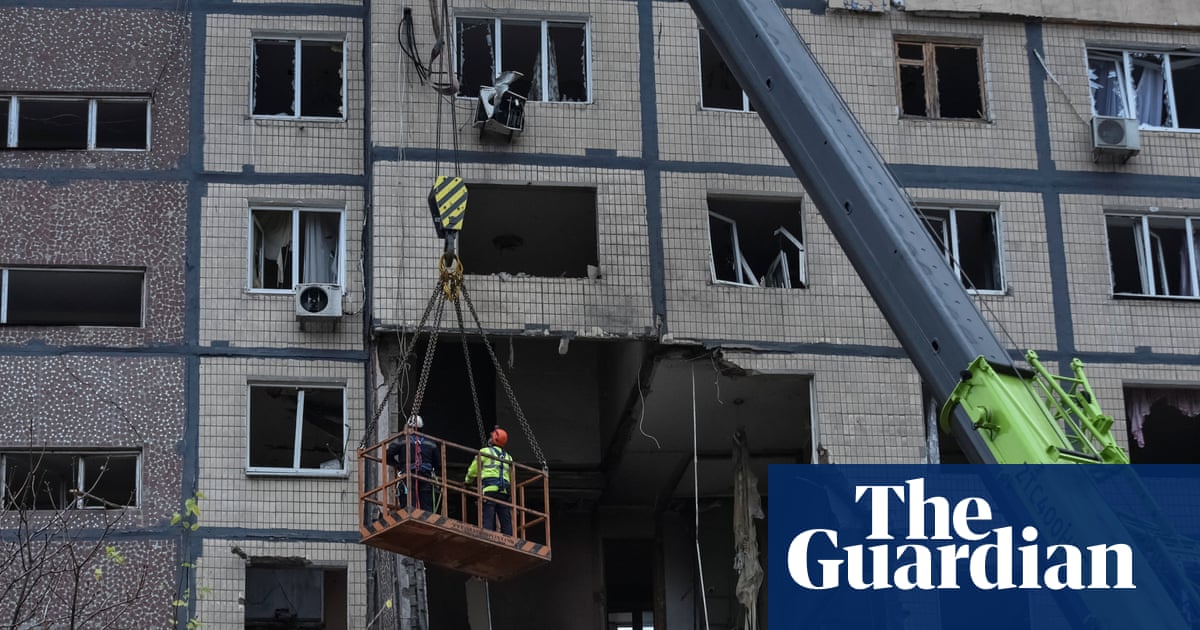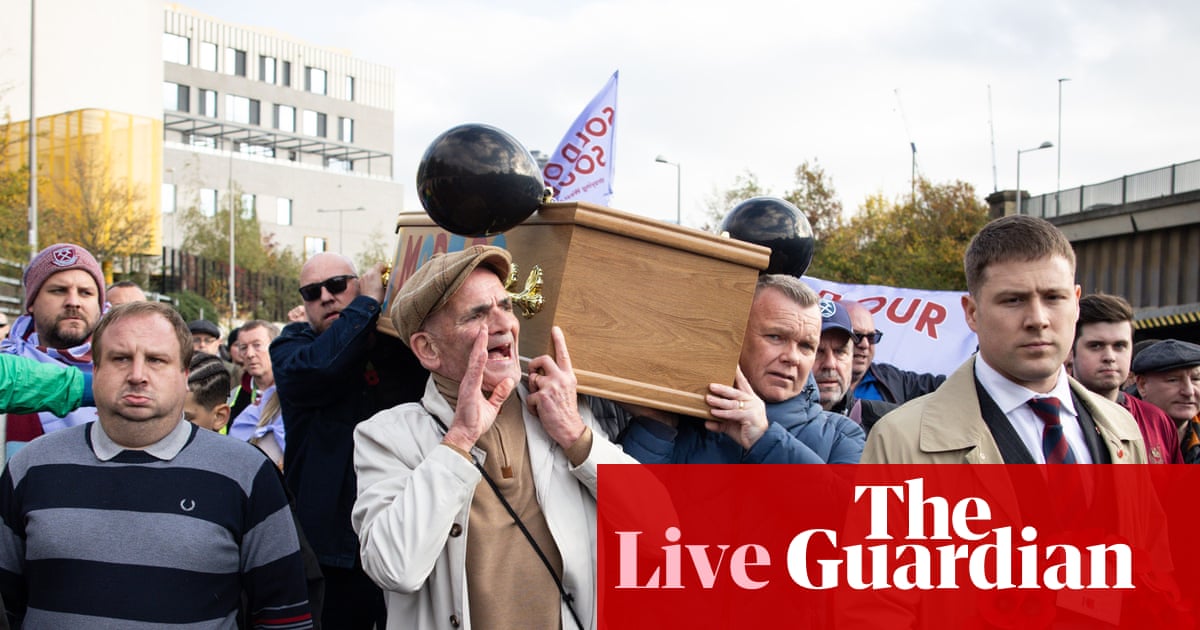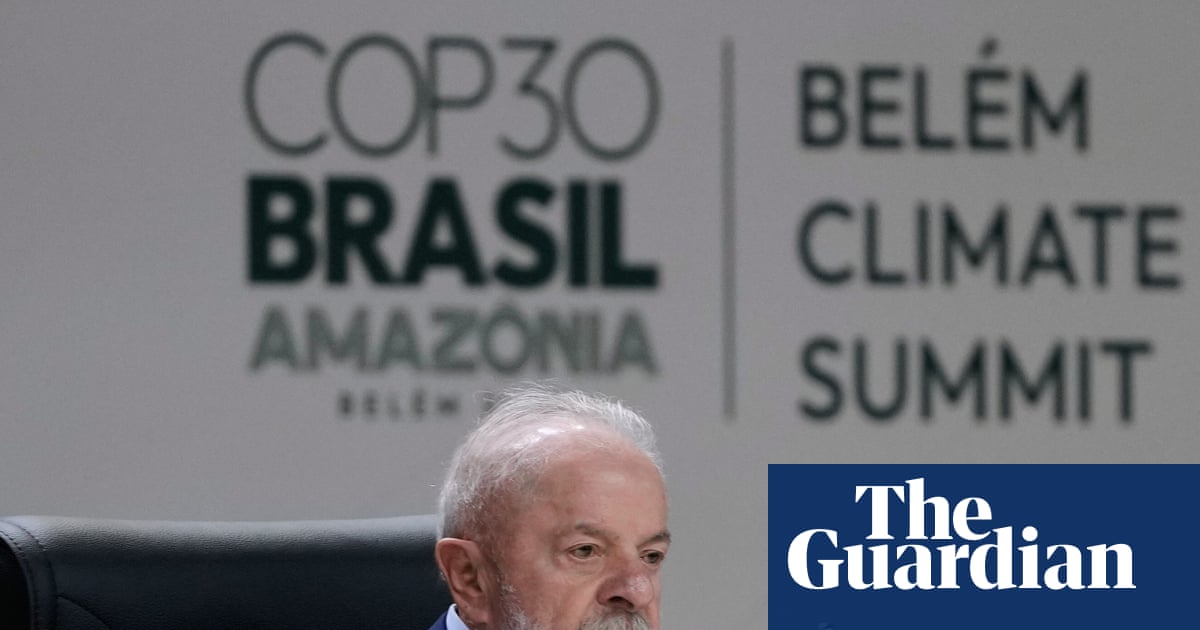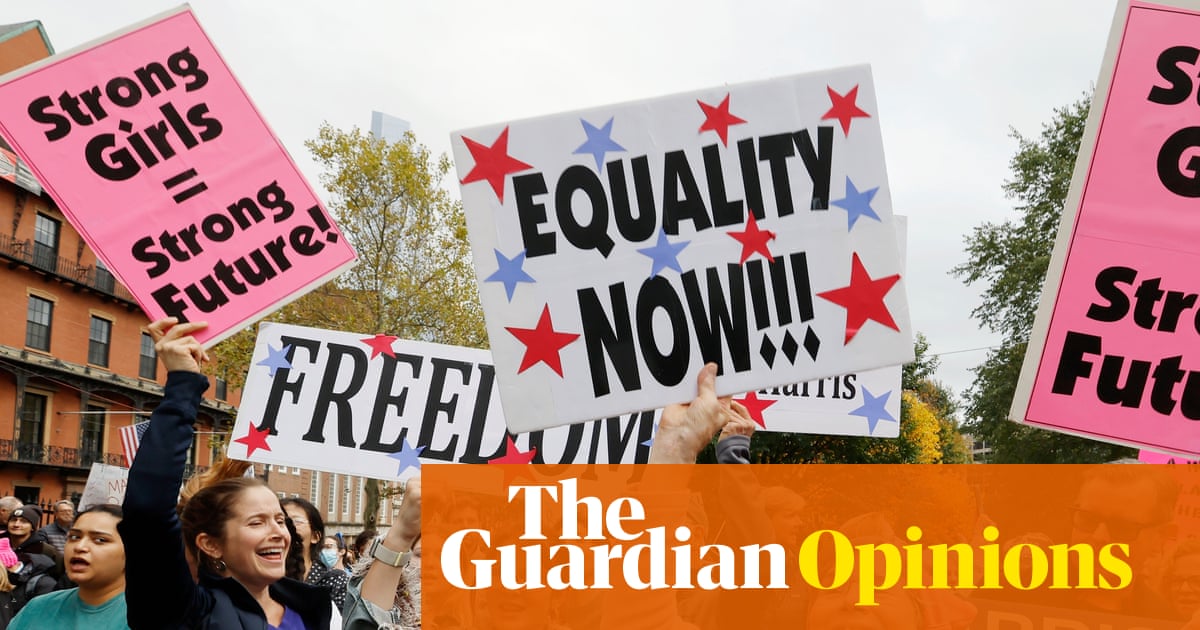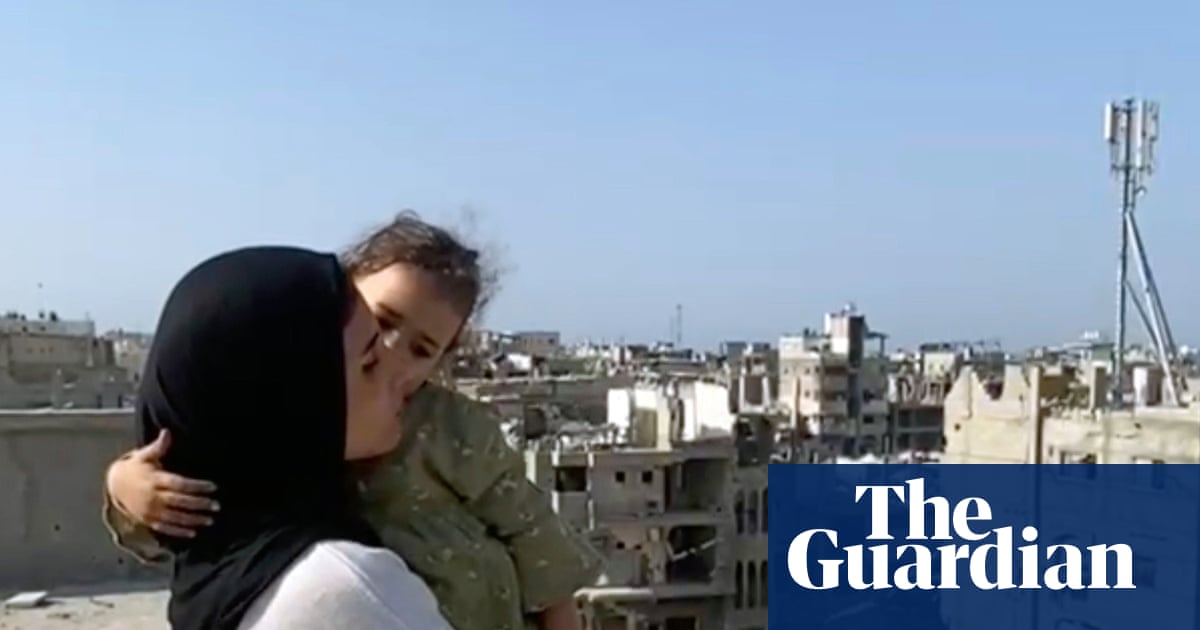What makes a disaster into a tragedy? It’s a question that looms large over the five episodes of this gripping and frequently upsetting series exploring the events that overwhelmed New Orleans in late August 2005. According to the community organiser and survivor Malik Rahim, the answer is simple: “A tragedy is when we fail to do what we should be doing.” Hurricane Katrina’s size and ferocity meant that it was probably always going to be a disaster. Traci A Curry’s documentary explores the man-made element of the catastrophe.
This isn’t the first epic series to tackle this subject and it isn’t quite the best. Made in Katrina’s immediate aftermath, Spike Lee’s 2006 masterpiece When the Levees Broke was a polemic wrenched from the soul, mining furious energy from the proximity of the event. Hurricane Katrina: Race Against Time is more reflective and less visceral as those at the heart of the story now bear witness at two decades’ remove. The dominant tone has shifted from anger to resigned sadness.
All the same, it still packs a powerful punch. Hurricane Katrina: Race Against Time tells its story in linear fashion, as if laying out a legal prosecution case. First, it shows that there was no excuse for the city to be as unprepared as it was. New Orleans actually got lucky with Katrina. The eye of the storm just missed the city. However, as the documentary explains, the area had, over decades, reduced its natural hurricane defences as the surrounding wetlands (which had mitigated storm surges) were diminished by the activities of oil and gas companies.
An enormous storm had been war-gamed a year earlier and for weeks before Katrina hit, the imminent arrival of “the big one” had been recognised as inevitable. Lucrece Phillips, a survivor who is lucidly eloquent throughout, remembers “a quiet calmness that was deafening”. The authorities apparently shared that calmness; we watch preparations that seem to involve telling everyone to leave, making plans to open up the Superdome stadium to stragglers and winging it from there. So began the process of turning disaster into tragedy.
The scenes in and around the Superdome are shocking in their itemisation of American racial polarisation. Shelton Alexander wound up there with his brother. “It’s just a sea of Black folks,” he observed. Whatever the intentions behind the opening of the Superdome, as we witness conditions worsen and the authorities’ response become increasingly heavy-handed, it’s impossible to see the situation as anything other than poor Black Americans being neglected, disregarded and pushed around by white Americans. Gen Russel Honoré, who was commander of the relief taskforce, recalls having to tell soldiers to stop waving their guns, reminding them that they were there to help, not intimidate.
Eventually, what emerges is a perfect storm; the series is a devastatingly precise illustration of systemic failure, political impotence and media distortion. Irresponsible reporting started to negatively affect the quality of the response – drivers of emergency vehicles became reluctant to venture into the Superdome due to repeated suggestions that the building was essentially a deadly riot zone rather than simply a holding pen full of desperate people. Black people who “escaped” from their designated areas risked being shot by white vigilantes – at least five people lost their lives that way.
At the time, Katrina was widely regarded as a decisive moment; a disaster that held up a mirror to a society that didn’t like what it saw. It tainted the final term of George W Bush (who incidentally gets off very lightly in this documentary, really only seen as he impotently flies over the area). It helped to usher in the presidency of Barack Obama. But viewed from the perspective of 2025, it looks like a series of early warnings that weren’t heeded.
Subsequently, the horror has been parlayed into an opportunity for some – in the final episode, we’re shown a gentrified and sanitised city, with Katrina survivors scattered to all corners of the country. Like Netflix’s recent Grenfell: Uncovered, Hurricane Katrina: Race Against Time is ultimately a story of betrayal. People largely responded to impossible situations with courage, kindness and forbearance. Stories of heroism rooted in community spirit abound. And yet, like Grenfell, there’s an inevitability to it all, in the relative fates of the people who let a disaster become a tragedy and the victims of that tragedy.
The ignominies kept coming. Freedom of movement within the country was curtailed. The survivors were, to their fury, called “refugees”. Even the insurance settlements favoured rich over poor. Rightly, Rahim is given the last word: “We are the canaries in this coalmine called America.” Eventually, Hurricane Katrina went beyond disaster and even tragedy and entered the realm of scandal. This documentary feels timely and resonant because, 20 years on, it still seems like unfinished business.
-
Hurricane Katrina: Race Against Time is on Disney+ and National Geographic

 3 months ago
136
3 months ago
136





